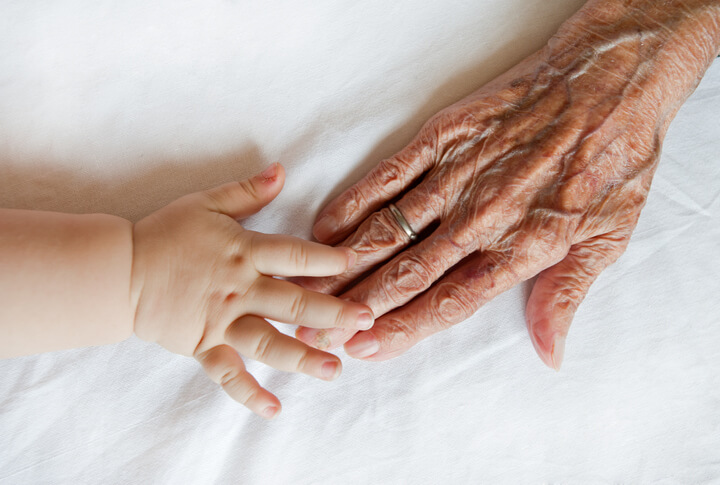
Are you considering a career in community support services? If so, you can expect a rewarding, multifaceted role that allows you to positively impact your clients’ lives, empowering them to take charge. Community support workers offer various forms of assistance to vulnerable community members, like those with substance abuse struggles, mental illnesses, developmental difficulties, and physical difficulties.
If you’re a people-person who is passionate about helping others, you could shine in this role. Getting career training in this field will teach you all about mental health, how to provide supportive care, and a crucial concept called lifespan development. Learning about the natural progression of human development will help you understand the clients you work with and enable you to provide outstanding care. Discover lifespan development and why it matters to you as a future community support worker.
What Is Lifespan Development?
Many people assume that development stops when a person reaches maturity or becomes an adult, but human development is an ongoing process. Lifespan development refers to the full process of development from conception to death. Lifespan development covers physical growth and all aspects of human development, including the cognitive, emotional, and social stages each one of us goes through as we progress through life. As a community support worker, understanding the unique challenges of each developmental stage will provide valuable insight into your clients’ lived experiences and allow you to provide personalized, evidence-based care based on their needs.

The Characteristics of Lifespan Development
These eleven characteristics describe lifespan development. Discover what they are to deepen your understanding of how our lives naturally unfold. According to the lifespan perspective, development is:
- Lifelong
- Multidimensional
- Multidirectional
- Plastic (changeable)
- Contextual
- Multidisciplinary
- A Process That Involves Growth, Maintenance, and Regulation
- Embedded In History
- Subject to Age Graded Influences (ie. puberty)
- Subject To Normative History Graded Influences (ie. 9/11, COVID pandemic, the great depression)
- Subject to Non-Normative Events (ie. the death of a parent in childhood, a serious diagnosis, or abuse)
The Importance of Lifespan Development for Community Service Worker Grads
After community support worker training, you will use your understanding of lifespan development to adapt on the job with the knowledge of every individual’s unique situation. After completing a community support worker diploma, you will be fully prepared to work in various professional settings such as community social service agencies, support services, group home settings, and the schooling system.

Convenient learning options make our expert instruction accessible to students with busy schedules and other responsibilities. Our industry internships allow our students to hone their professional skills. In addition to expert training, Discovery Community College studies employment gaps within various industries, providing students with the exact skills employers need.
Are you ready to start our community support worker course?
Contact Discovery Community College to learn more!

